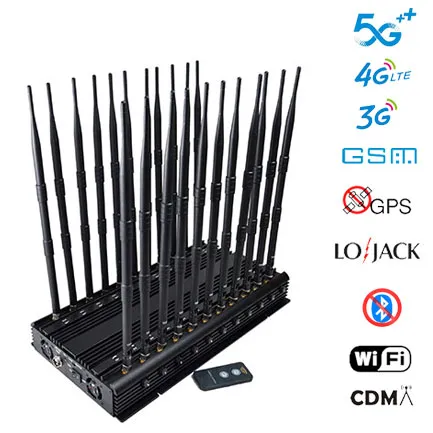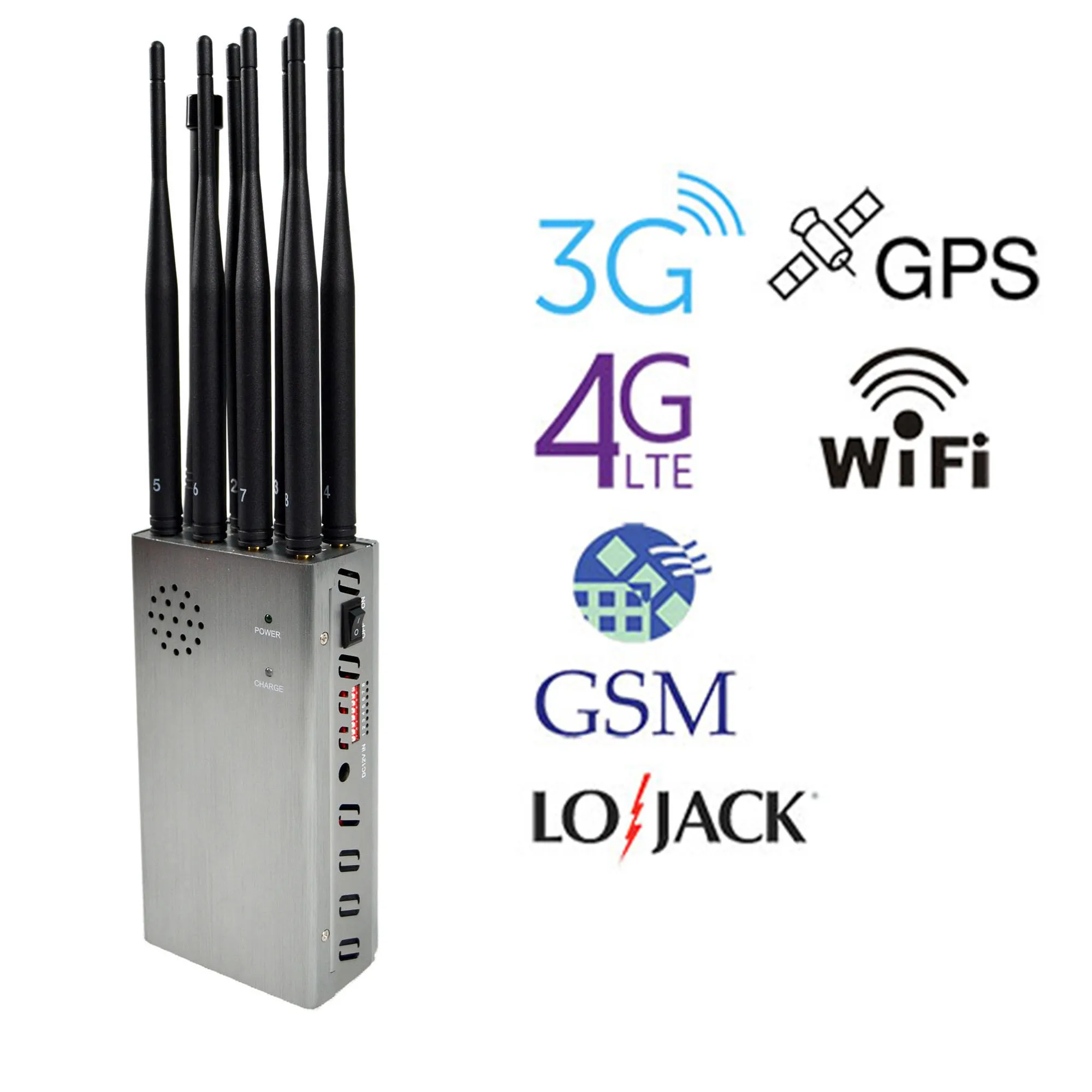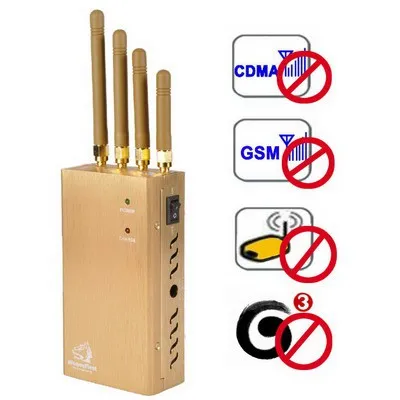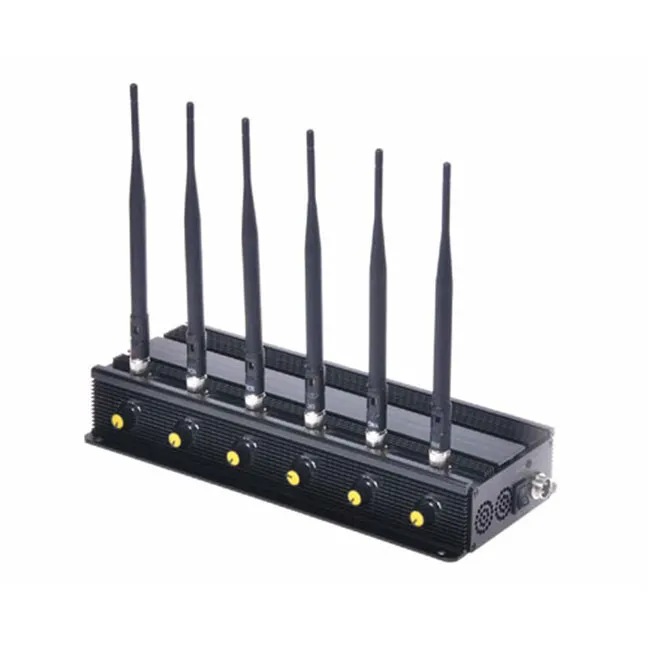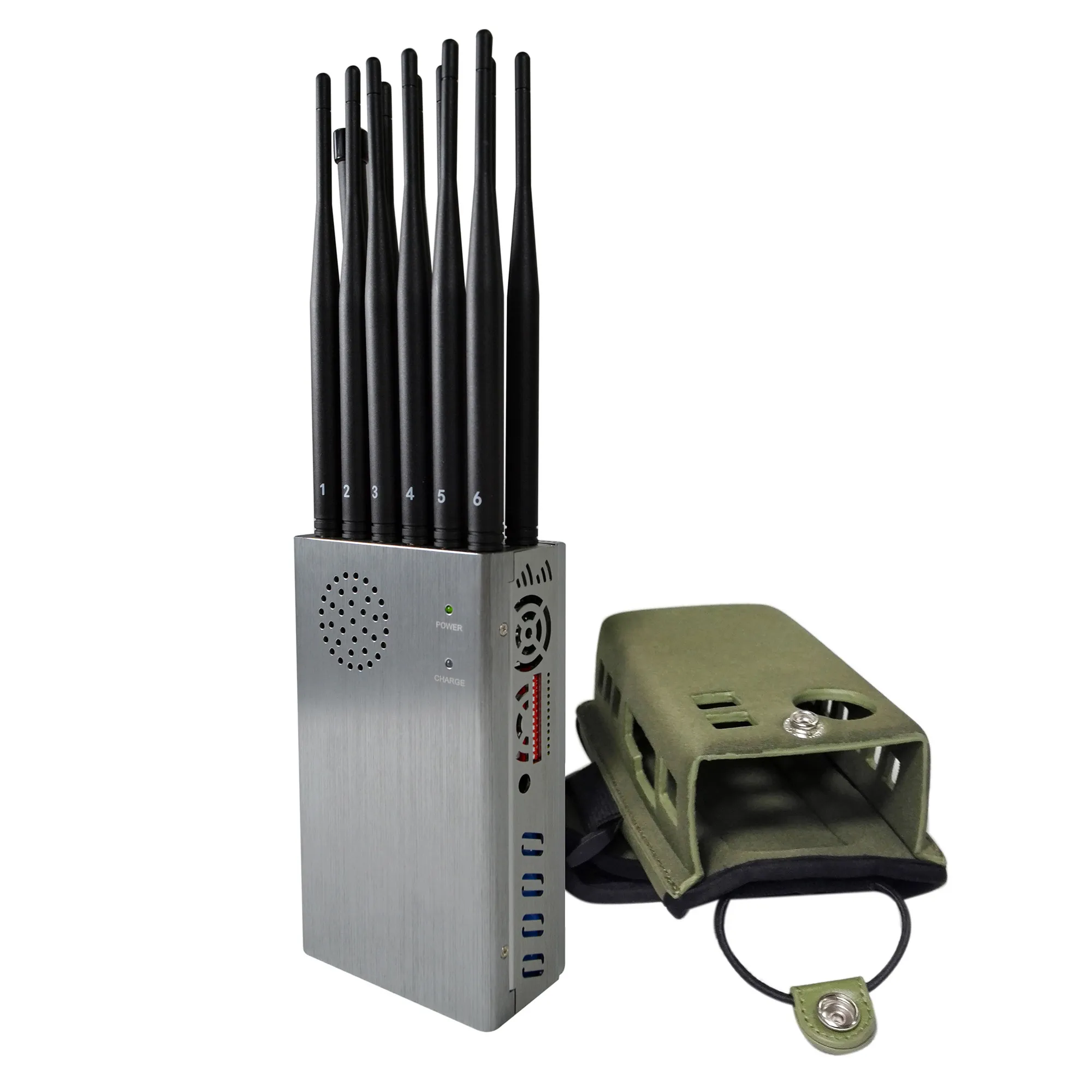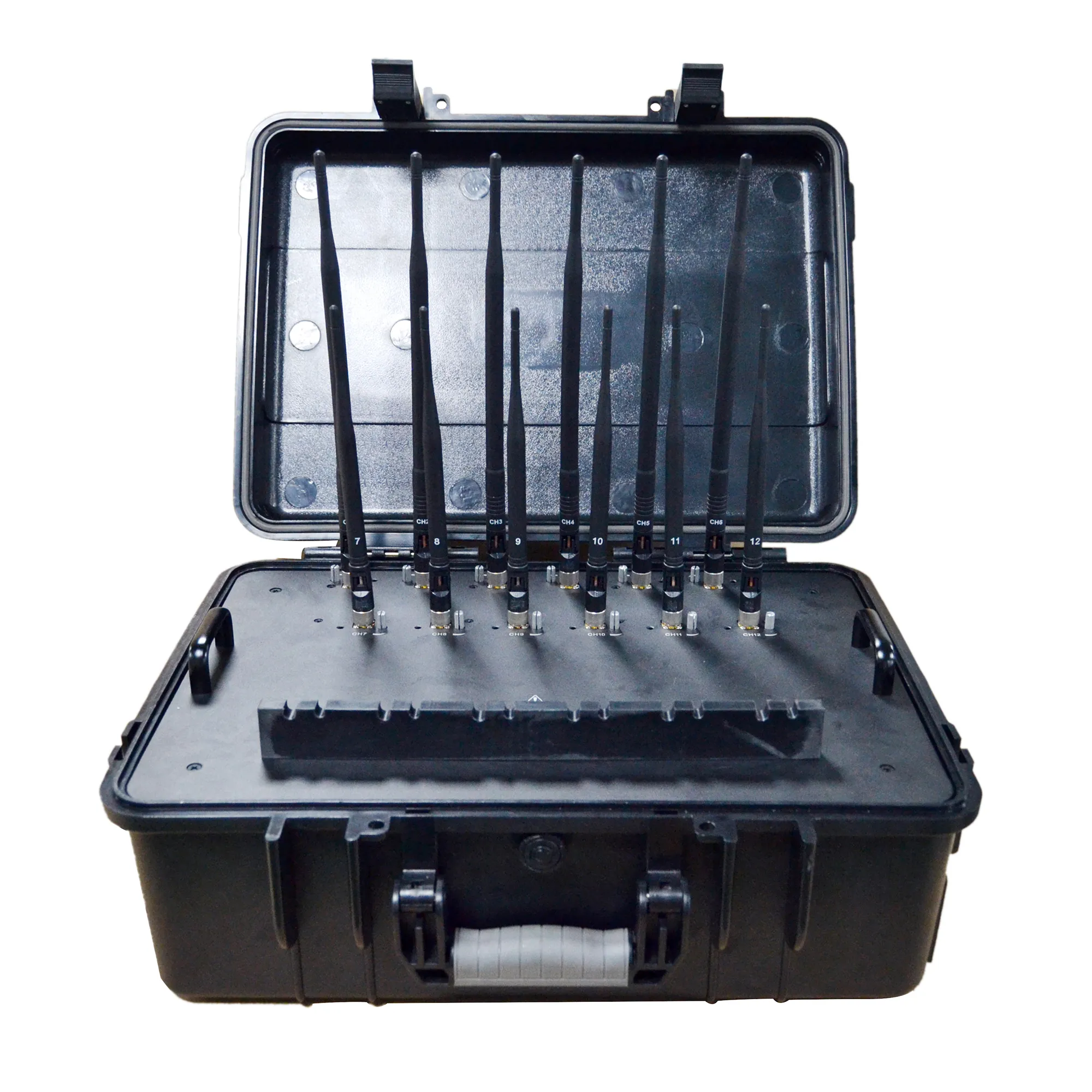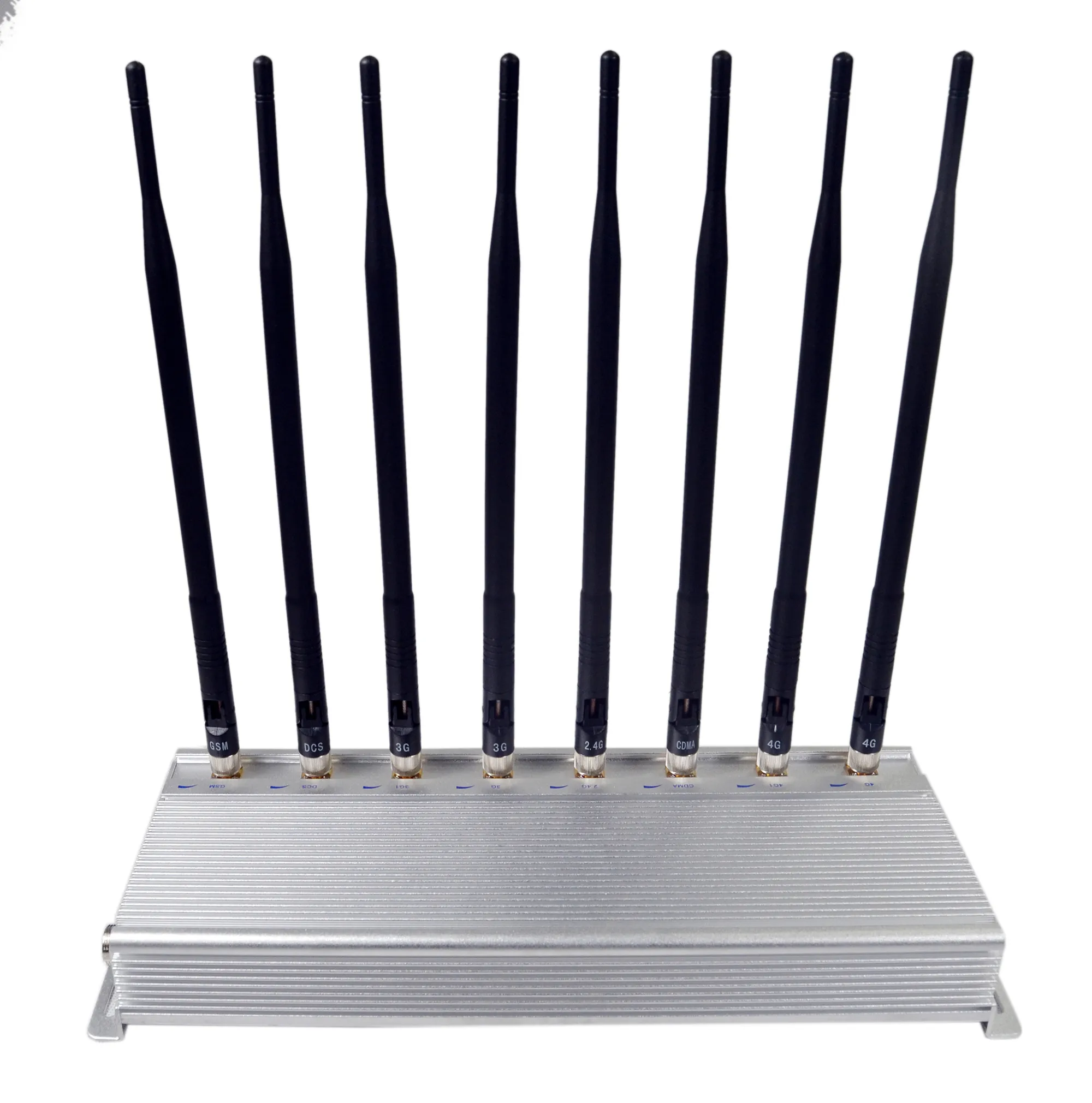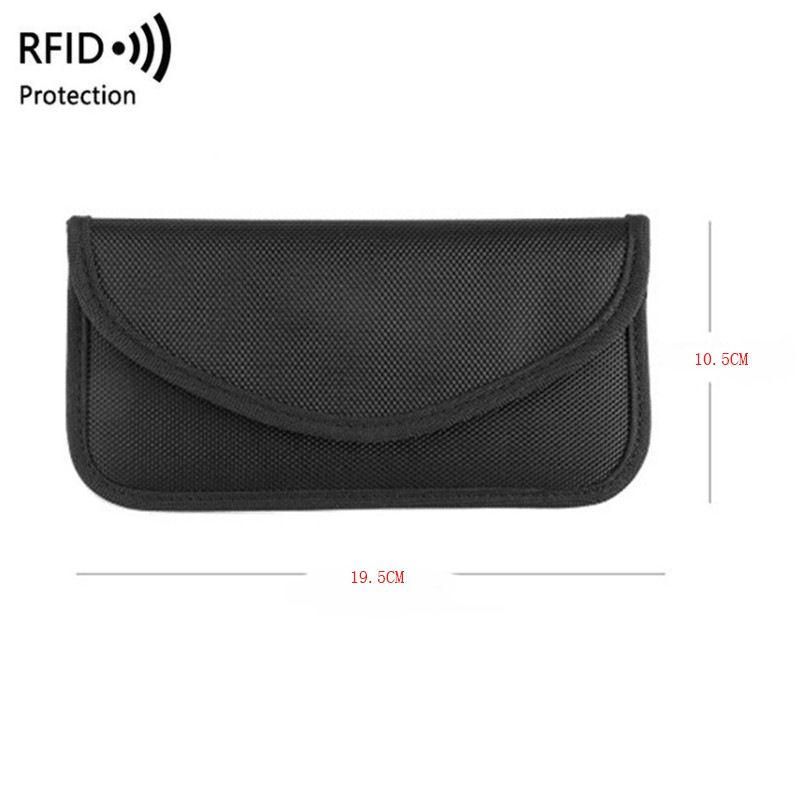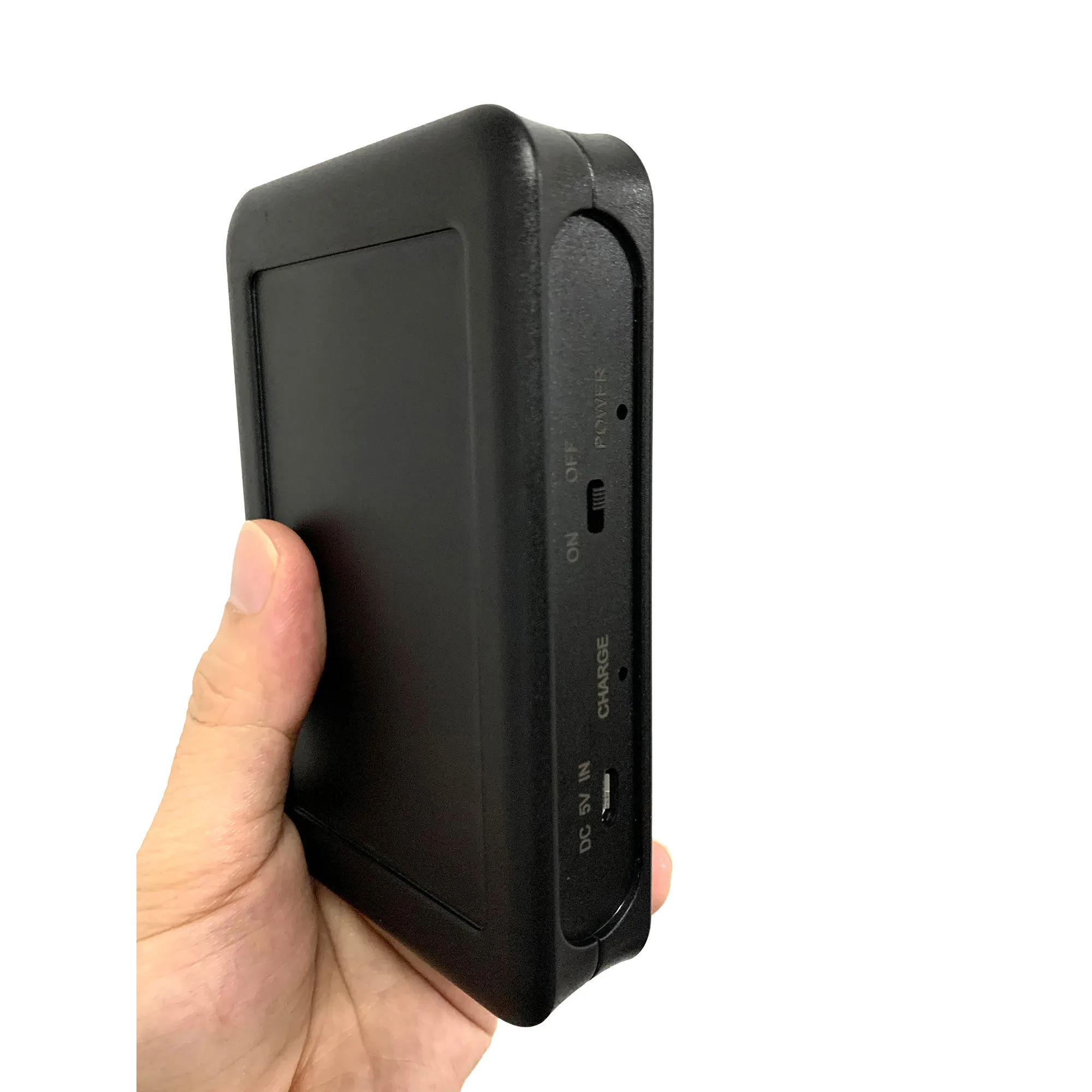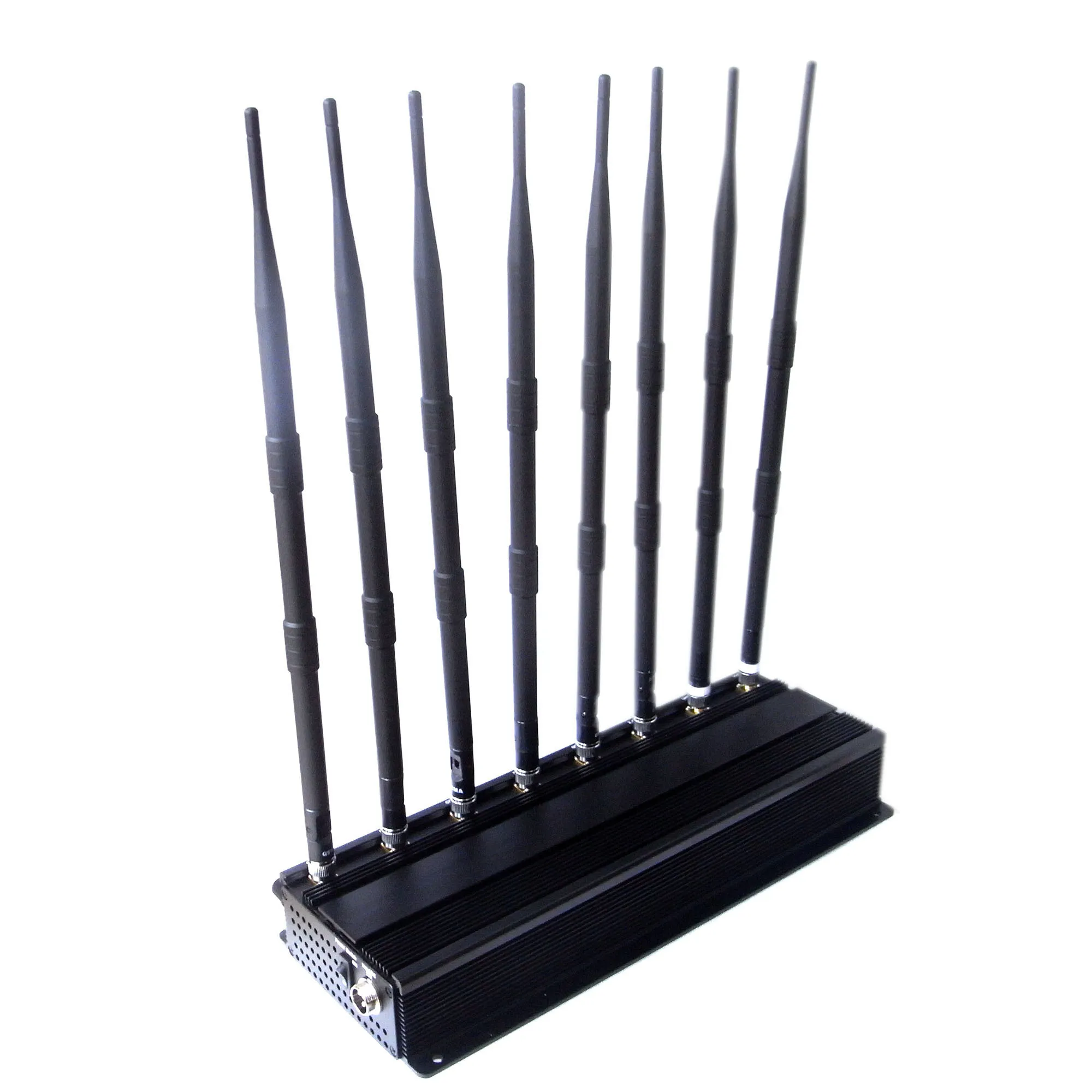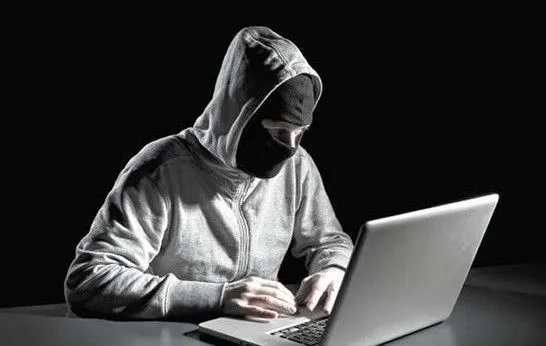
As part of the fight against human trafficking, the government’s immigration agency will reactivate at least four cell phone jammers at Ninoy Aquino International Airport (NAIA). The Bureau of Immigration (BI) said on Wednesday that it plans to install similar jammers in all immigration areas of the country’s international airports, and the cost of each jammer is P400,000. Ronald Ledesma, the head of the immigration office, said that man-made jammers are a tool to stop human trafficking at airports.
Ledesma added that human trafficking groups use cell phones with targeted victims. An immigration official, who asked not to be named, told GMANews.TV, “The usual target of traffickers is Filipino overseas workers holding tourist visas. The so-called tourist workers.” The trafficking group’s modus operandi, immigration officials said Some immigration officials at the airport are together, they are instructing the target victim or victim to go to a specific queue or counter through a mobile phone. These mobile phone cell phone blocker will definitely greatly promote our fight against human traffickers." He said that the property of the Radiocommunication Bureau The department has ordered the necessary permission from the National Telecommunications Commission (NTC) to use the NAIA cell phone jammer again as soon as possible. John Tugade, head of BI's property department, also said that the four jammers and their servers in the bureau are still in the NAIA departure area and can be used at any time.
BI has stopped using equipment purchased by the bureau during the previous government, after airlines and other airport stakeholders protested human interference. According to reports, the use of jammers is one of many measures planned by the Ministry of Commerce and the Inter-Agency Council for Anti-Trafficking in the context of increased cases of trafficking in Filipinos abroad. This committee is a government agency under the Ministry of Justice and is responsible for monitoring the implementation of Republic Act No. 9208 or the Anti-Human Trafficking Act 2003. In September, BI began testing a new queuing system called NAIA's "S-line" system to prevent passengers from choosing the immigration counter


